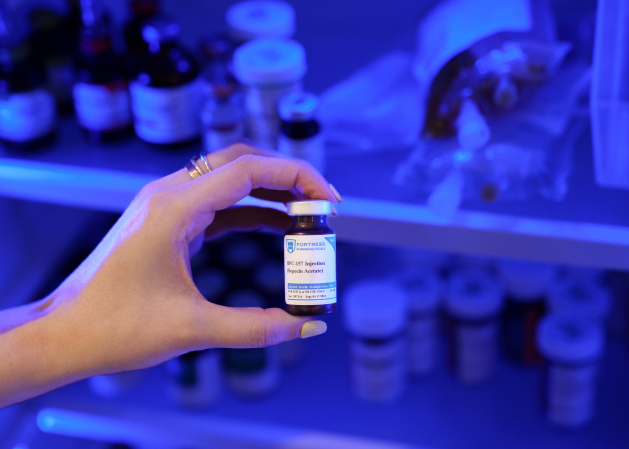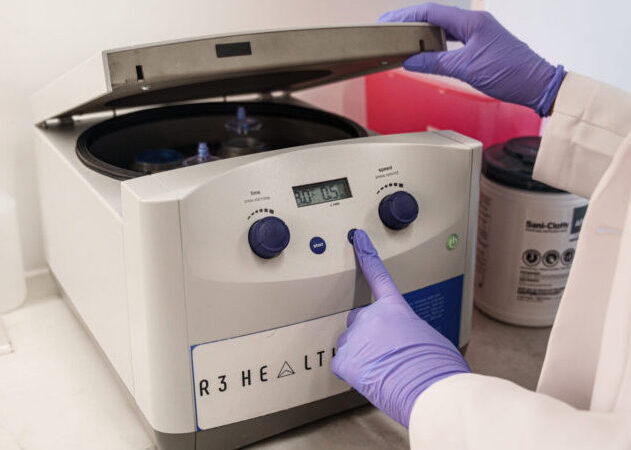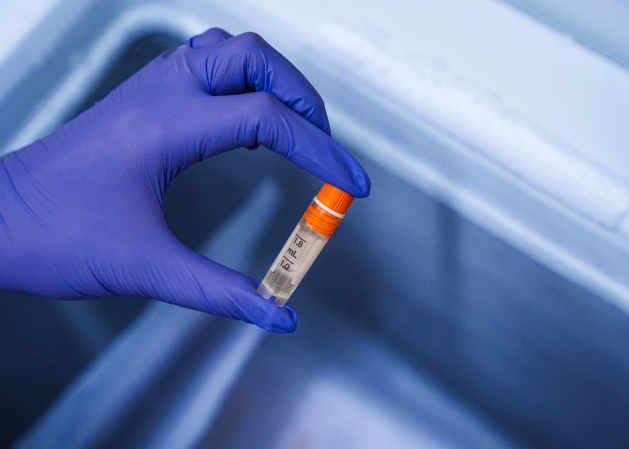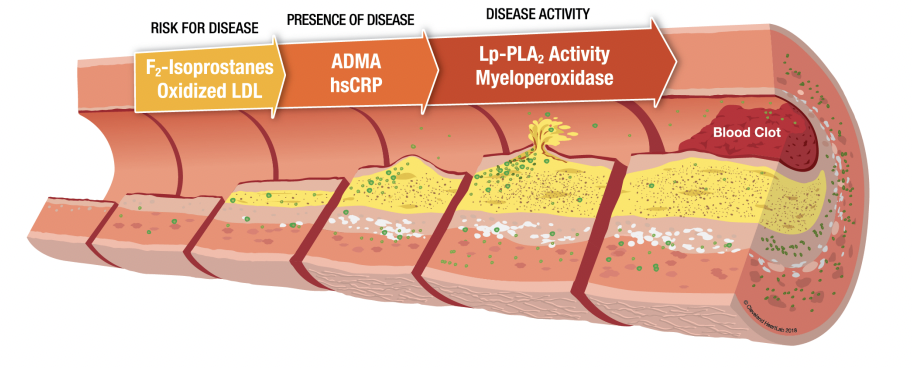In the quest for youthful and radiant skin, researchers and skincare enthusiasts have turned their attention to peptides. These tiny yet mighty compounds have gained popularity for their impressive abilities to address various concerns, including anti-aging, tissue regeneration, and aesthetic enhancements. In this guide, we will explore the different benefits of peptides and how they can specifically help you.
Understanding Peptides
Before we dive into the specific benefits of peptides, it’s important to understand what they are. Peptides are short chains of amino acids, the building blocks of proteins. They occur naturally in our bodies and play crucial roles in various biological processes such as hormone regulation, immune system function and cell signaling.
In peptide therapy, peptides are compounded and administered to supplement or enhance the body’s natural levels of them. They can be given in the form of a topical gel, oral capsules, or subcutaneous injections to stimulate specific cellular activities and target different concerns.
Peptides for Anti-Aging
Peptides such as CJC/Ipamorelin and Epitalon have gained significant attention due to their potential benefits in promoting overall health and longevity.
CJC (also known as CJC-1295) and Ipamorelin are growth-hormone releasing peptides (GHRPs) that stimulate the release of growth hormone (GH) from the pituitary gland. By increasing GH levels, these peptides can enhance collagen synthesis, improve skin elasticity and reduce the appearance of wrinkles and fine lines. Additionally, they can promote muscle growth and enhance fat metabolism, resulting in a more youthful and toned physique. The increase in GH levels also contributes to improved bone density and overall vitality.
Epitalon, on the other hand, is a peptide that influences the production of telomerase– an enzyme responsible for maintaining the length of telomeres, the protective caps at the end of chromosomes. Shortened telomeres are associated with cellular aging and increased risk of age-related diseases such as cancer, diabetes and neurodegenerative diseases such as Alheimer’s disease and Parkinson’s disease. Epitalon has been shown to help extend the lifespan of human cells and protect telomeres from degradation, thereby potentially slowing the aging process.
Regenerative Properties of Peptides
Peptides such as BPC-157 (Body Protecting Compound-157) and GHK-Cu (Copper Peptide) have shown remarkable potential in aiding the body’s repair processes. These peptides possess unique properties that promote tissue regeneration, wound healing, and overall recovery.
BPC-157 is derived from a protein found in the stomach lining. It has been extensively studied for its regenerative effects on various tissues and organs. The peptide stimulates the formation of new blood vessels, accelerates collagen synthesis, and promotes cell proliferation. These actions contribute to tissue repair, making BPC-157 beneficial for healing injuries, such as muscle strains, tendon and ligament damage, and even certain gastrointestinal conditions. BPC-157 also exhibits anti-inflammatory properties, further aiding the healing process by reducing inflammation and associated pain.
GHK-Cu is a copper-containing peptide that plays a crucial role in tissue repair and regeneration. It has been shown to stimulate the production of collagen and elastin, essential proteins for maintaining skin elasticity and firmness. This peptide can enhance wound healing by promoting the migration of cells to the site of injury and accelerating tissue remodeling. GHK-CU also possesses antioxidant properties, protecting cells from oxidative damage, and supporting the skin’s natural defense mechanisms.
Peptides for Weight Loss & Improved Body Composition
Semaglutide is a medication that has received worldwide attention for its weight management capabilities, but did you know that it is also a peptide? Originally developed as a treatment for diabetes, it has shown promise in weight management. As a glucagon-like peptide-1 receptor agonist, Semaglutide works by reducing appetite and increasing feelings of fullness. By activating specific receptors in the brain, it helps regulate hunger hormones, resulting in reduced calorie intake and enhanced satiety. Clinical trials have demonstrated significant weight loss in individuals using Semaglutide, making it a potential option for those seeking effective interventions to improve body composition.
5-Amino-1MQ is a peptide that has garnered attention for its ability to enhance metabolism and promote fat burning. This peptide activates an enzyme called NAD+ dependent 1-methylnicotinamide oxidoreductase (NMNAT) and boosts the production of NAD+ in the body. Higher levels of NAD+ facilitate metabolic processes and increase energy expenditure. As a result, 5-Amino-1MQ may contribute to weight loss by improving metabolic function, supporting fat oxidation, and aiding in the development of a leaner body composition.
AOD9604, a modified form of growth hormone-releasing factor (GRF) has also shown potential in improving body composition and supporting weight loss. This peptide specifically targets fat breakdown, promoting the release of stored fat for energy utilization. Additionally, AOD9604 has been found to preserve lean muscle mass, which is essential for a healthy metabolism. Additionally to its body composition benefits, researchers have also found that it contains various regenerative properties that may benefit people with Osteoarthritis, Osteoporosis, Hypercholesterolemia, worn cartilage and bone damage.
As mentioned earlier, CJC/Ipamorelin are growth-hormone releasing peptides (GHRPs). Not only are they beneficial from an anti-aging perspective, but these peptides also work together to promote fat loss and muscle gain. Additionally, another promising and popular GHRP peptide is Sermorelin. This peptide also aids in muscle growth and development which in turn promotes a higher metabolic rate.
Better Sleep
DSIP (aka Delta Sleep Inducing Peptide) has been classified as a peptide neuromodulator because it is found in the brain and can easily cross the blood-brain barrier. It increases delta waves in the brain – and at low doses it can promote better, deeper, more restful sleep. It has been shown to help mitigate various pain conditions, drug and alcohol withdrawal, and to exhibit a pronounced stress protective action with a decrease in stress-induced metabolic disorders.
Conclusion
In conclusion, peptides have emerged as powerful compounds with a wide range of benefits for the skin, overall health, and body composition. These short chains of amino acids, naturally occurring in our bodies, can be harnessed through peptide therapy to supplement or enhance their effects. From stimulating collagen synthesis and reducing wrinkles to promoting wound healing and supporting fat burning, peptides offer diverse advantages. Furthermore, peptides like DSIP can even aid in promoting better sleep and stress reduction. As research continues, peptides hold promise for revolutionizing skincare, health, and well-being by unlocking the impressive capabilities of these tiny yet mighty compounds.
























